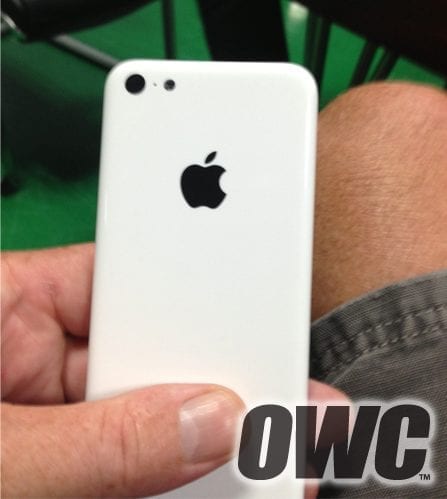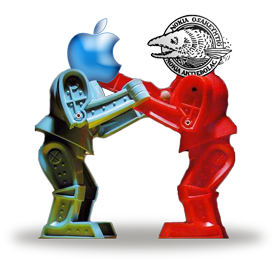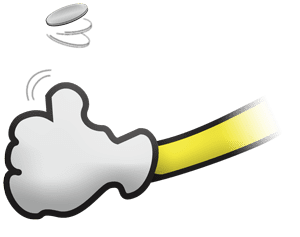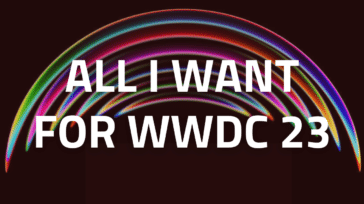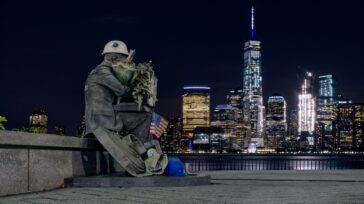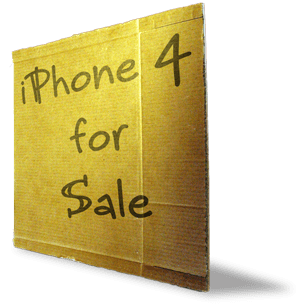 If the iPhone 4 was not widely available, would you pay significantly more than the retail price for one from some guy on the street? How about if the guy selling the iPhones was the reason that they were so hard to come by?
If the iPhone 4 was not widely available, would you pay significantly more than the retail price for one from some guy on the street? How about if the guy selling the iPhones was the reason that they were so hard to come by?
That’s the dilemma some Chinese Apple customers had to face the other day, when Apple lifted its “two per customer” sales limit on the iPhone 4 in its Beijing flagship store. Rather than swarms of customers buying iPhones for themselves or for family, swarms of “scalpers” descended on the store, instead. By noon, the Apple store was forced to close down, due to dwindling supply
Like their ticket-based counterparts, these scalpers purchased large numbers of iPhones, then walked through the crowd, seeing if those waiting in line would like to purchase one of the phones from them—at a significantly higher price, of course.
Many Chinese citizens don’t wish to get into a two-year contract with a carrier when they buy an iPhone. The only way to get one without a contract is to purchase one at one of the four Apple stores in China (two in Beijing and two in Shanghai), who—thanks to the scalpers—now only have “limited stock” of the iPhone 4.
In response to this event, Apple has already taken measures to reduce the amount of iPhone scalping going on by limiting each customer to a single iPhone and requiring purchasers at all Apple stores to show their identity card while purchasing. Additionally, Apple employees will activate the phone in-store, making it impossible for the scalpers to sell their iPhones as new.





